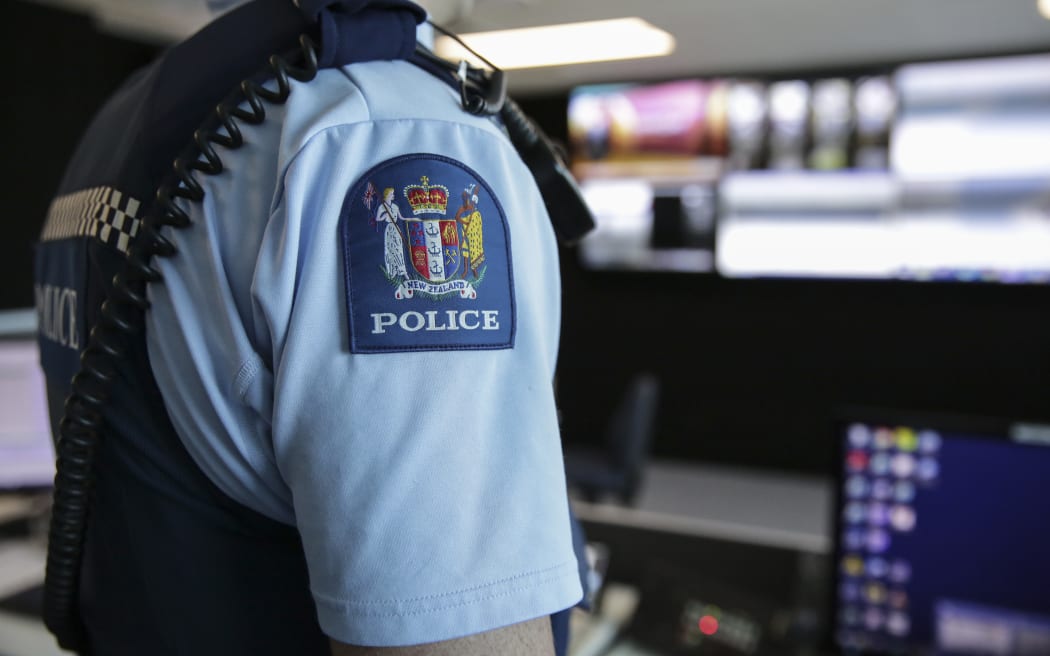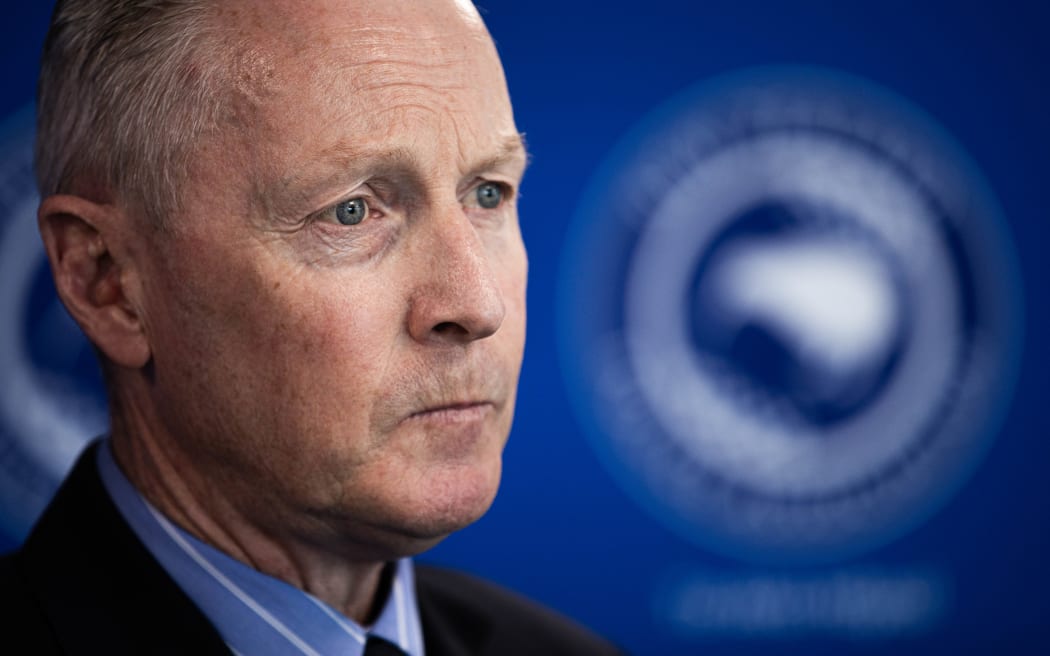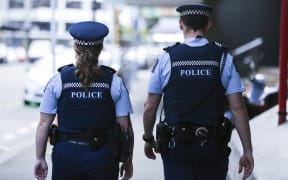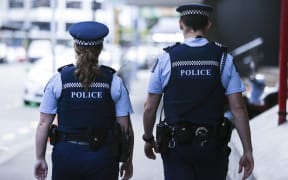
The Police Association has warned New Zealand officers are ripe for the picking as many struggle to make ends meet on police salaries, and some were working two jobs. (file image) Photo: RNZ / Richard Tindiller
A former New Zealand police officer who made the move to join the Australian force says he would not consider coming back here.
On Wednesday, more than 75 percent of voting union members rejected the deal, which included a flat $5000 pay increase for officers, plus another 4 percent increase in July and again in 2025.
Police Minister Mark Mitchell told Morning Report the government could not afford a better offer, and previously admitted New Zealand could not compete with the packages Australia was offering.
The Police Association has warned New Zealand officers are ripe for the picking as many struggle to make ends meet on police salaries, and some were working two jobs.
One of those who made the move a decade ago, an officer who Checkpoint agreed to call Graham, was with New Zealand Police for 20 years and left at the rank of detective sergeant.
But he told Checkpoint officers here were not getting paid enough, compared to their Australian counterparts.
"The big thing in Australia is Australian police forces offer overtime, so if, for example, I get a late arrest an hour before I finish and I've got two hours of paperwork to do - in New Zealand, you'd be doing essentially doing that for free - you might get some time in lieu - but an Australian police force will pay you double time, or at least time and a half for the two hours, but that adds up after a couple of weeks.
"They have a base rate and then if you're doing shift work, they essentially add on about 21 to 25 percent on top of that."
Conditions there for police were also good, he said.
"Work is simpler in a way compared to New Zealand policing. I think New Zealand police officers work hard for their money compared to Australia, there's a couple of reasons for that, largely because I think Australian police officers have more resources and more staff per population.
"A lot of guys who have not made the move largely stay in New Zealand either for the Kiwi lifestyle or for family reasons - but I do know a lot of New Zealand police officers who have brought their families over to Australia and they certainly are reaping their rewards."
Asked if he would ever come back to work as an officer here, Graham said no.

(file image) Photo: 123RF
A campaign by Queensland Police launched last year to poach New Zealand police officers also promised a $20,000 relocation bonus.
In the Northern Territory, police offered about $28,000 for a housing allowance.
Labour police spokesperson Ginny Andersen told Midday Report officers' wages were far behind teachers and nurses.
"A teacher or a nurse after six years in the job is earning $22,000 more than a police officer," she said.
"If we're expecting police to take gang patches off people and do more dangerous work they deserve to be paid more for that."
Andersen criticised the government for letting the dispute drag on into arbitration.
"Arbitration will mean more uncertainty and it will mean we have police officers who are expected to do more but a government that is just not prepared to pay them for it."
Pay solution could be months away
Police Association president Chris Cahill said the union had found an arbitrator to put an end to the dispute, but it would be a lengthy process.

Police Association president Chris Cahill says it could be months before a solution is finalised. Photo: RNZ / Angus Dreaver
"Similar to a court hearing, in a way. Both sides submit in writing their position, both sides can then reply to those submissions, and then you have a hearing outlining the key points," he said.
"We'll probably need at least three weeks for both sides to put submissions together, and then normally give the arbitrator about a week to read those submissions prior to the hearing."
It could be months before a solution was finalised, he said.
"It's up to the arbitrator how long they take [after the hearing]. It would be several weeks before you would hear an outcome."
Cahill said the arbitrator would not be allowed to compromise and would be required to choose between the submissions made by the union and the government.
"It [will be] legally binding. NZ Police have to agree to it and so do we, and the funding has to be provided for it," he said.
"The challenge for NZ Police will be whether the funding will come from the government or if they will have to find it in their baseline budget, but either way they have to pay what is agreed at arbitration."
Public support: 'Important that we don't lose quality people overseas'
Some Aucklanders say they support the police union's decision to reject the government's latest pay offer.
Aucklander Joanne Whanau said police members deserved all the pay they got.
"If they don't feel like they're getting enough, well that's fair enough," she said.
"They have to deal with a side of society that's not the most pleasant, and I think they do an absolutely great job."
Fellow resident Mere Baker agreed, saying police members should be paid more.
"I think everybody should get a decent, fair salary if they're working hard, and I think they do."
Aucklander Jon Iliffe said police were paid fairly as-is.
"I think [their pay] is about right at the moment. The challenge is we're experiencing inflation, so everyone feels hard done by," he said.
"But the reality is we can't continue [with more increases], because it's a merry-go-round. I suspect the government will take a reasonably hard line and say 'You've got what you've got and that will need to do'."
Aucklander Kerry Boyde-Preece said the government needed to find a solution as soon as possible.
"I think that it's something the government really needs to expedite and have happen really quickly," she said.
"The cuts that they're doing across the public sector are causing a lot of anxiety for people working in those spaces. I think it's super important that we don't lose quality people overseas."







